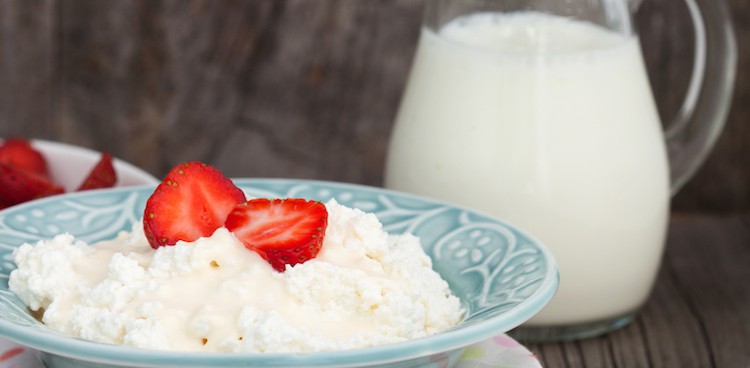
First off, it’s important to clarify that lactose is a type of sugar that is present in milk, cheese, and other dairy products. In order to efficiently digest lactose without unpleasant gastric side effects, the enzyme lactase must be present within the human digestive system. Those who are lactose intolerant are lacking in this enzyme. But even so, most people in this category have the capacity to produce small quantities of lactase. This means that they can usually digest a little cheese periodically without discomfort.
All dairy-based cheese contains lactose. However, as a rule there is more lactose present in younger, fresher cheeses such as ricotta or cream cheese. As cheeses mature, the levels of lactose decrease considerably, thereby making older, aged cheeses easier to digest.
In addition, some people who find they have intolerance for cheeses made from cow’s milk are able to digest goat’s or sheep’s milk cheeses without too much difficulty. The structure of these milks is such that the molecules are small and therefore much easier for the human digestive system to break down than cow’s milk.
However, if you have unsuccessfully tried all of the above, there is still another option. For certifiably lactose intolerant cheese lovers faced with the challenge of resisting a delicious cheese course, a preemptive trip to your drugstore can equip you with the pharmaceutical version of lactase. While it’s not medically recommended that you remain on a permanent course of this replacement enzyme, occasional use prior to an unrestrained cheese fest is considered a prudent way to have your cheese and eat it too.
Feature Photo Credit: Shutterstock




